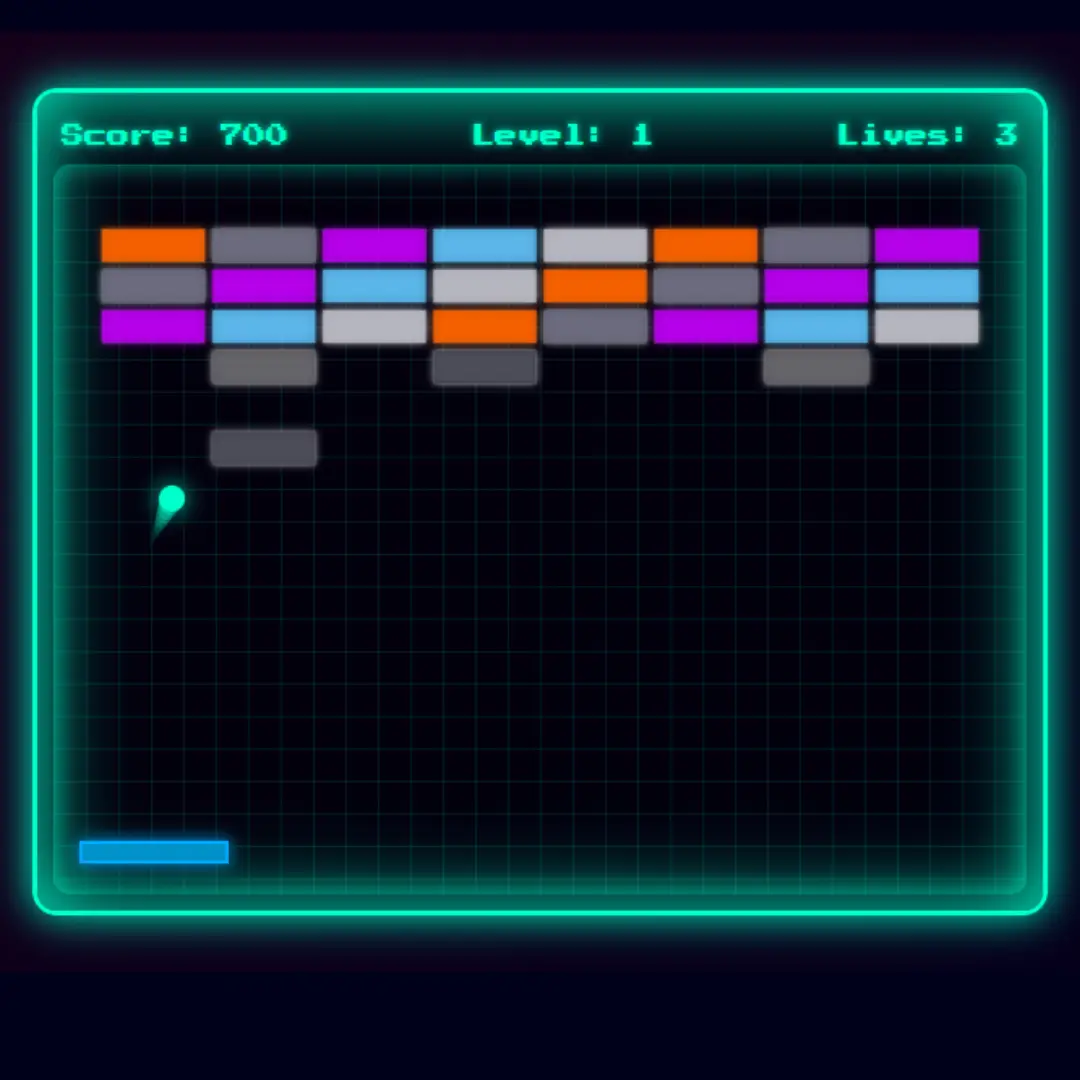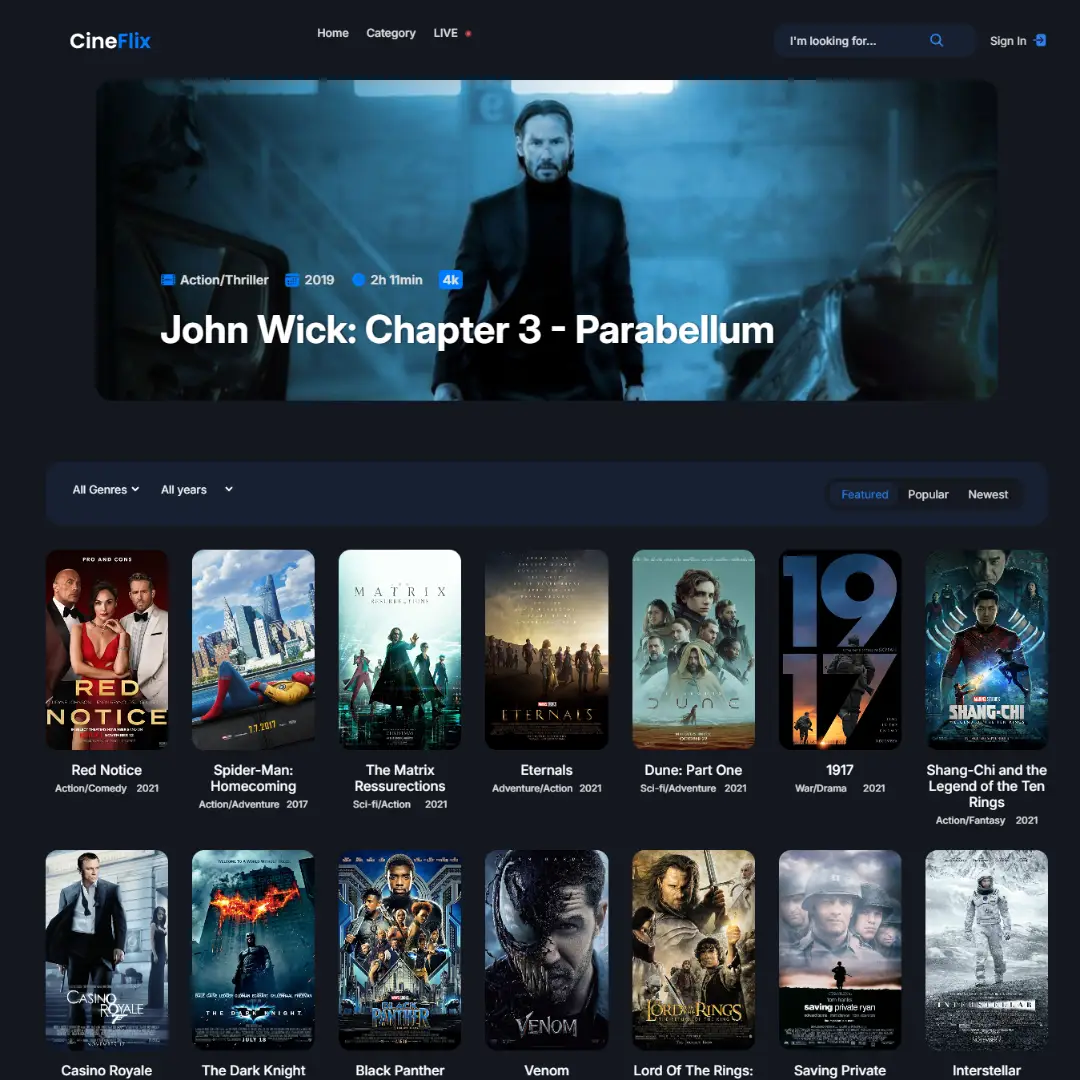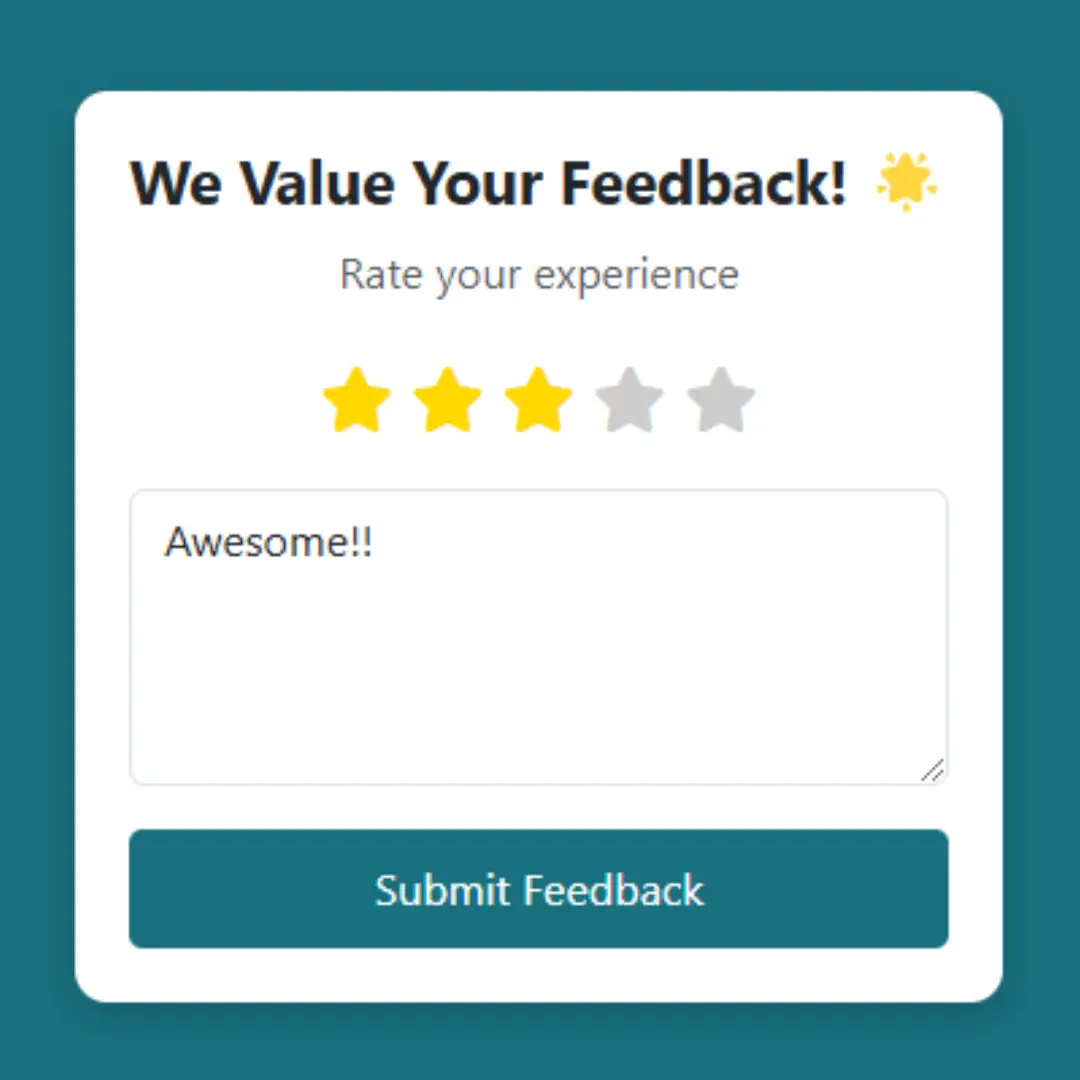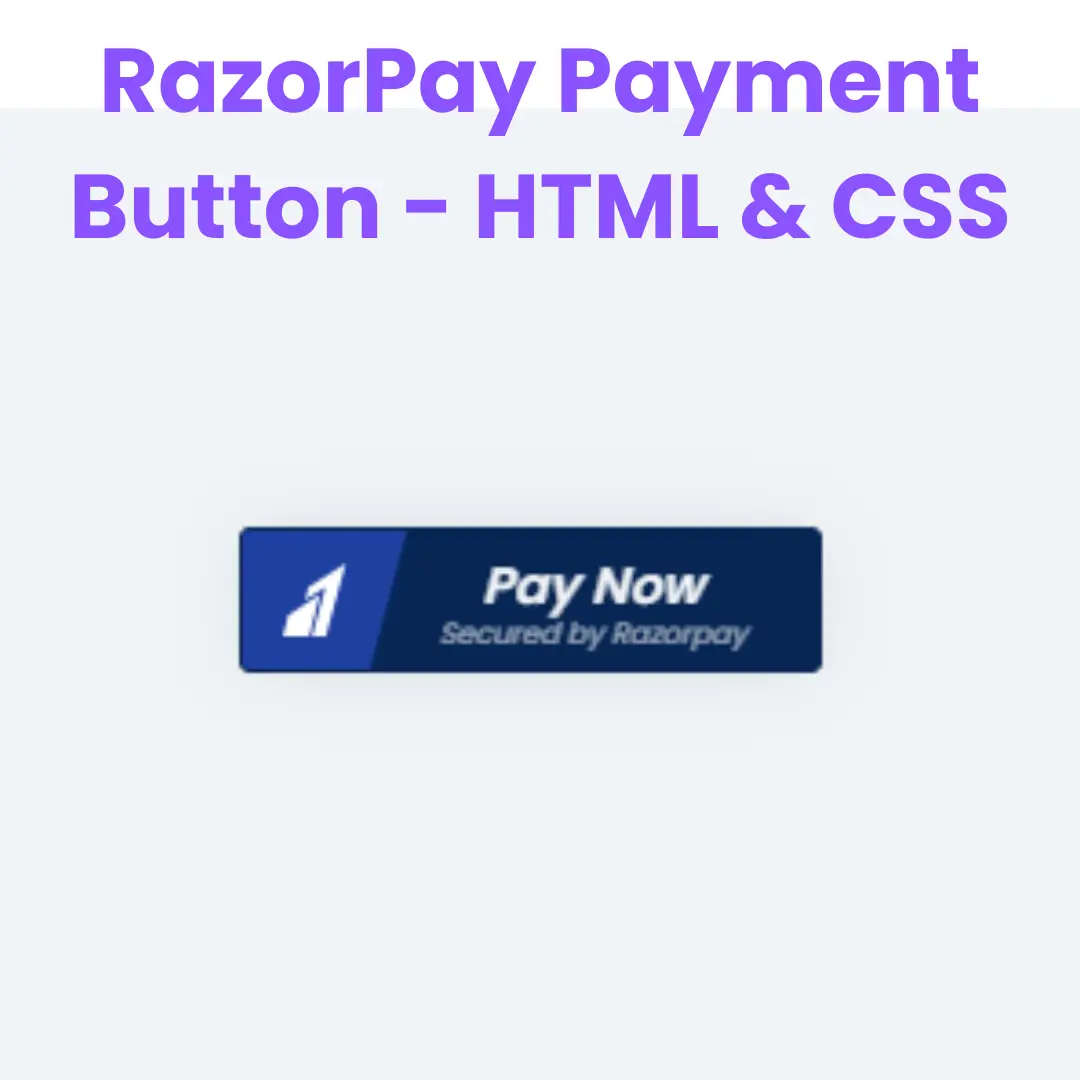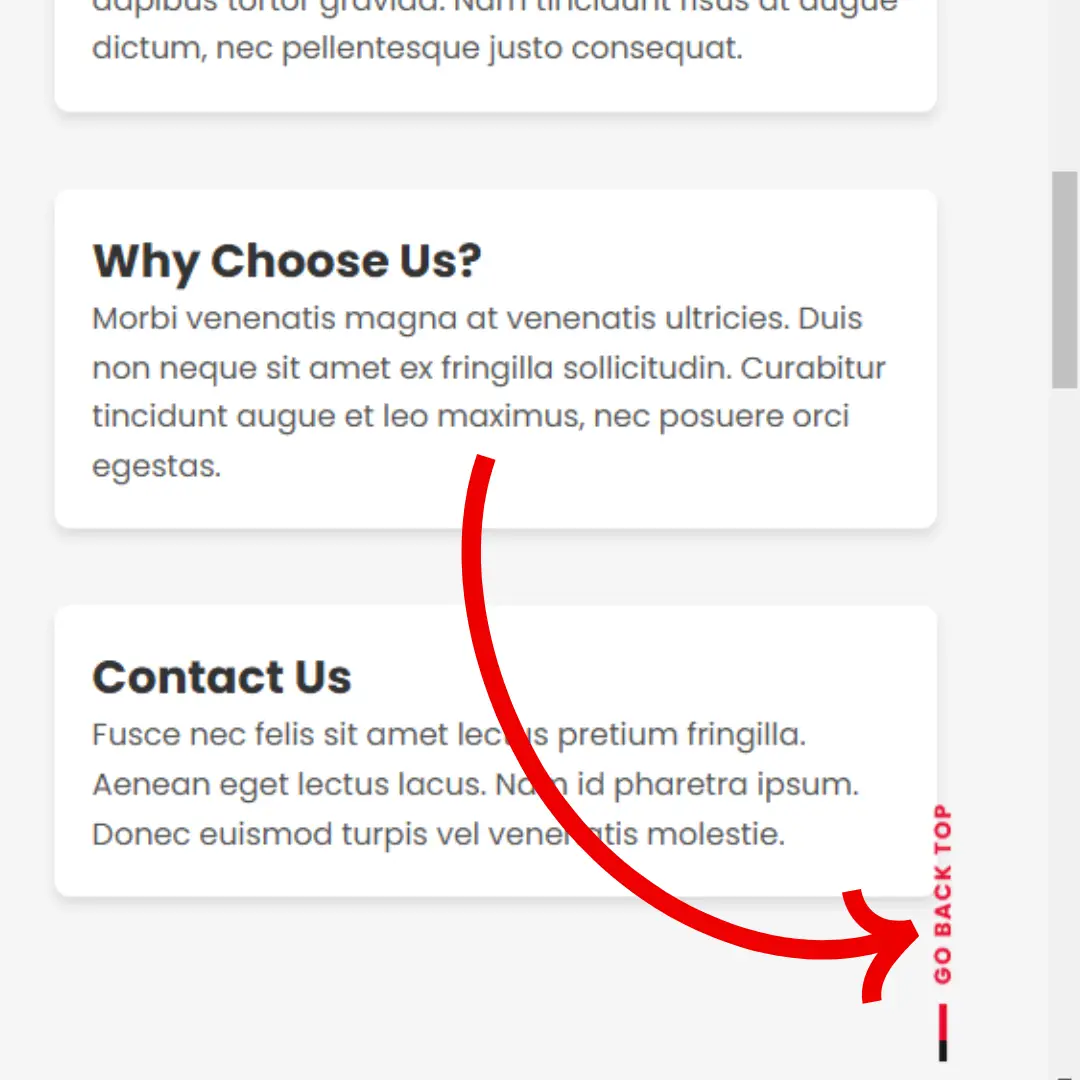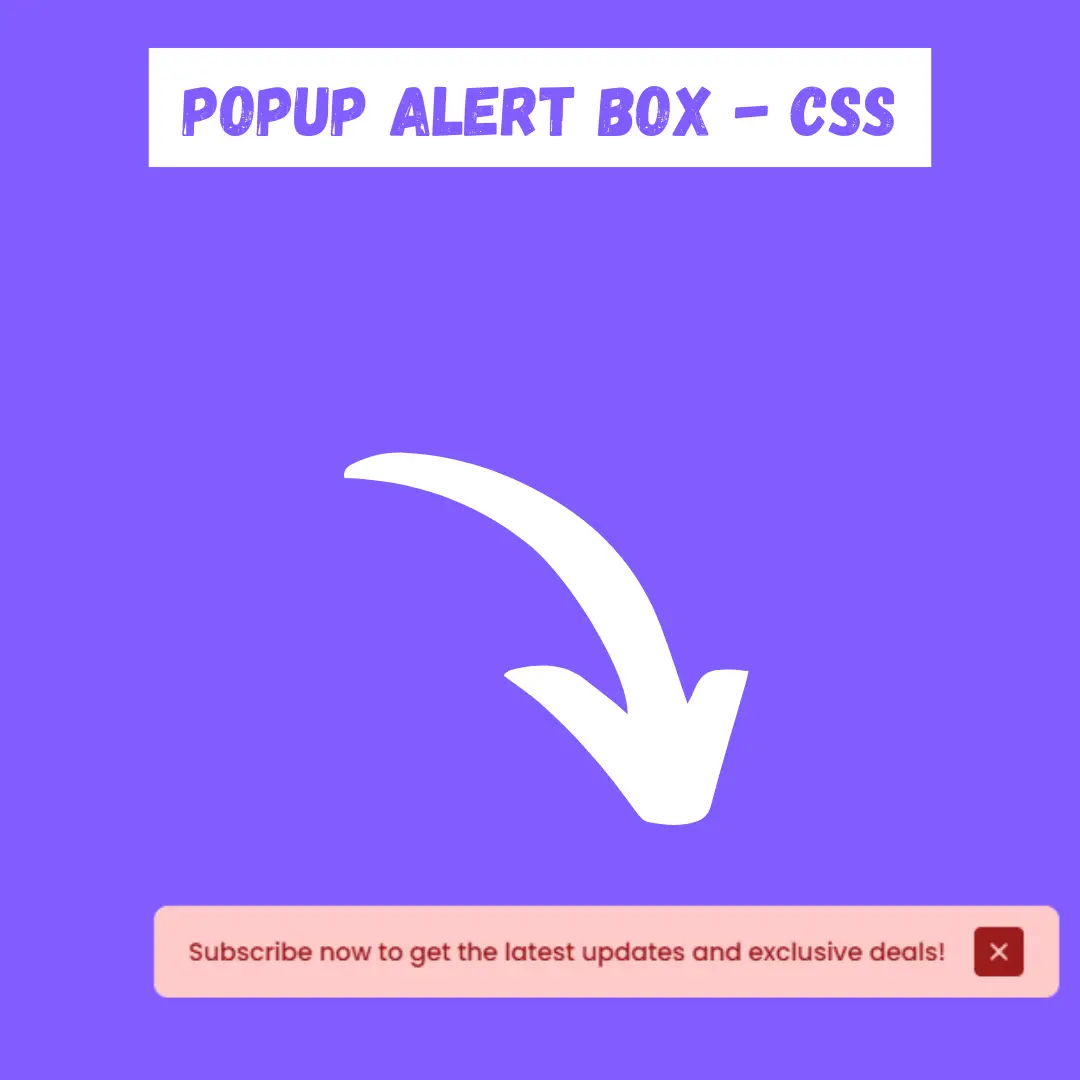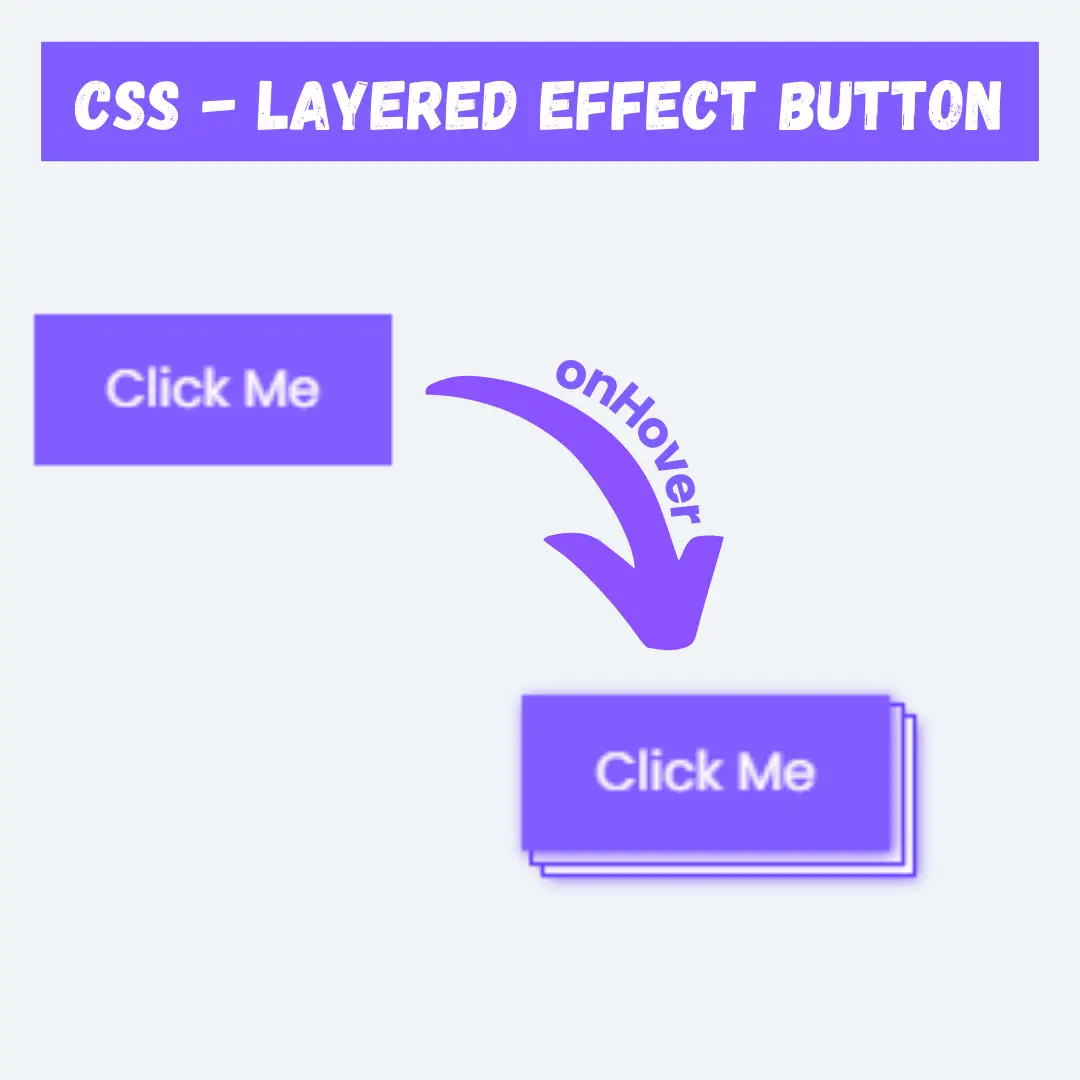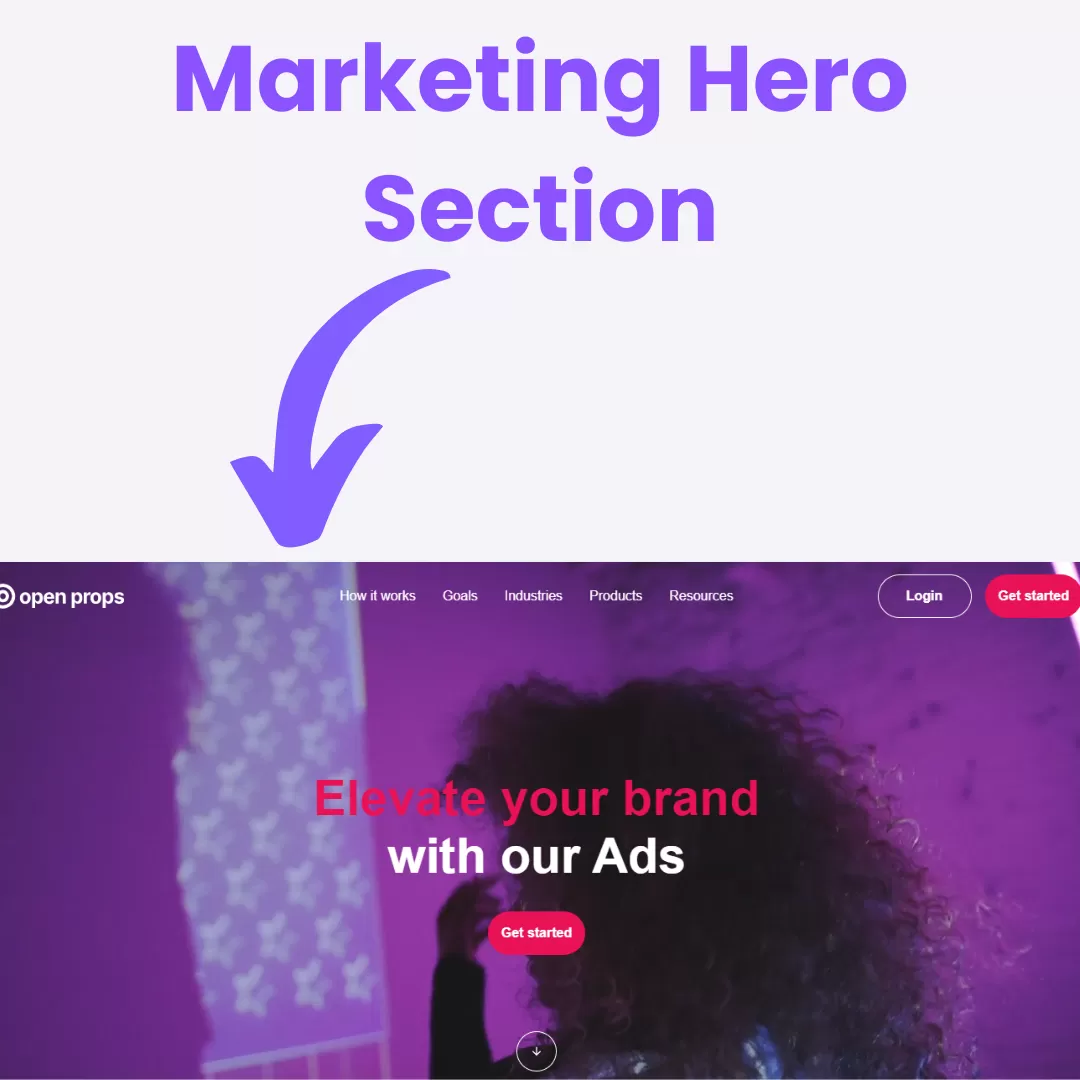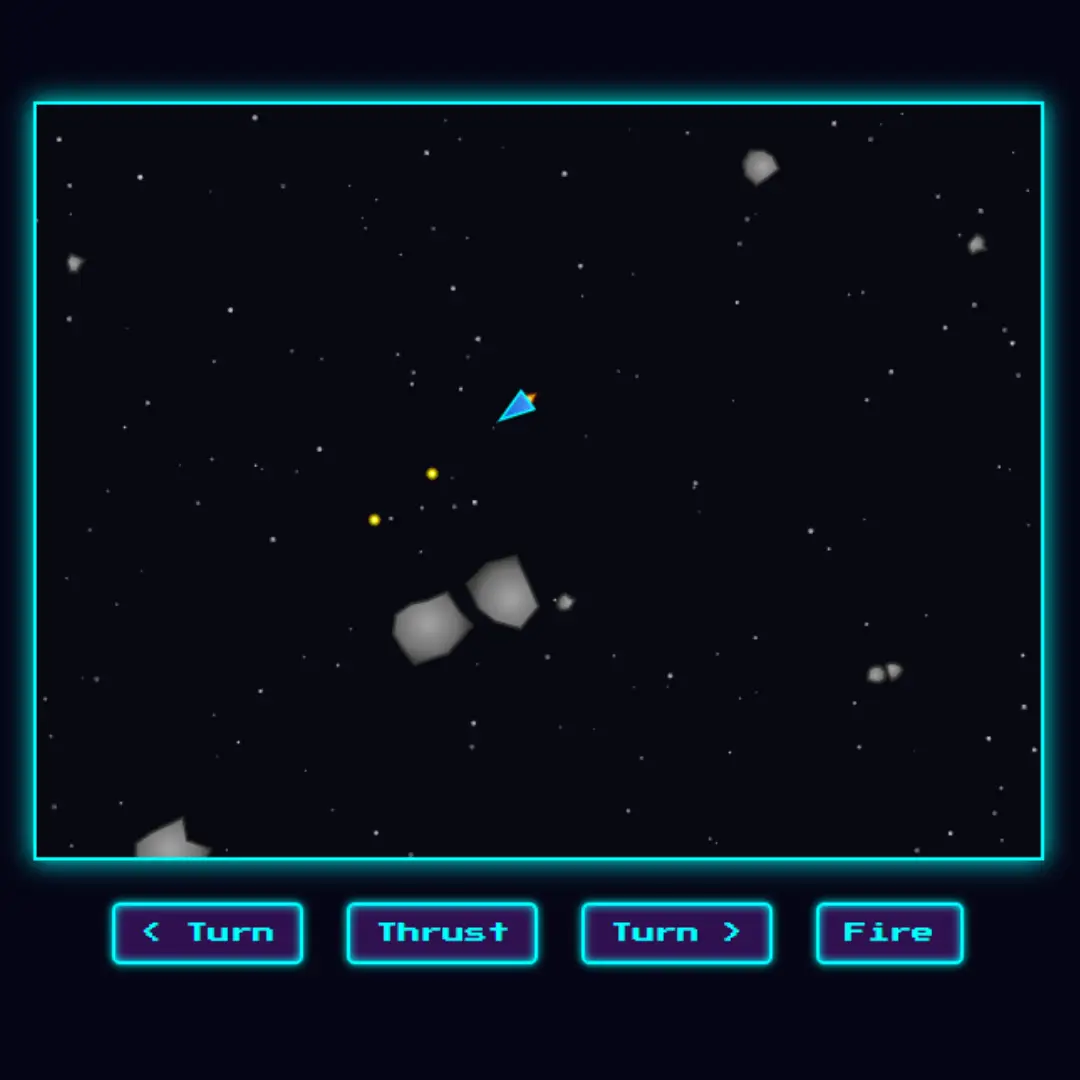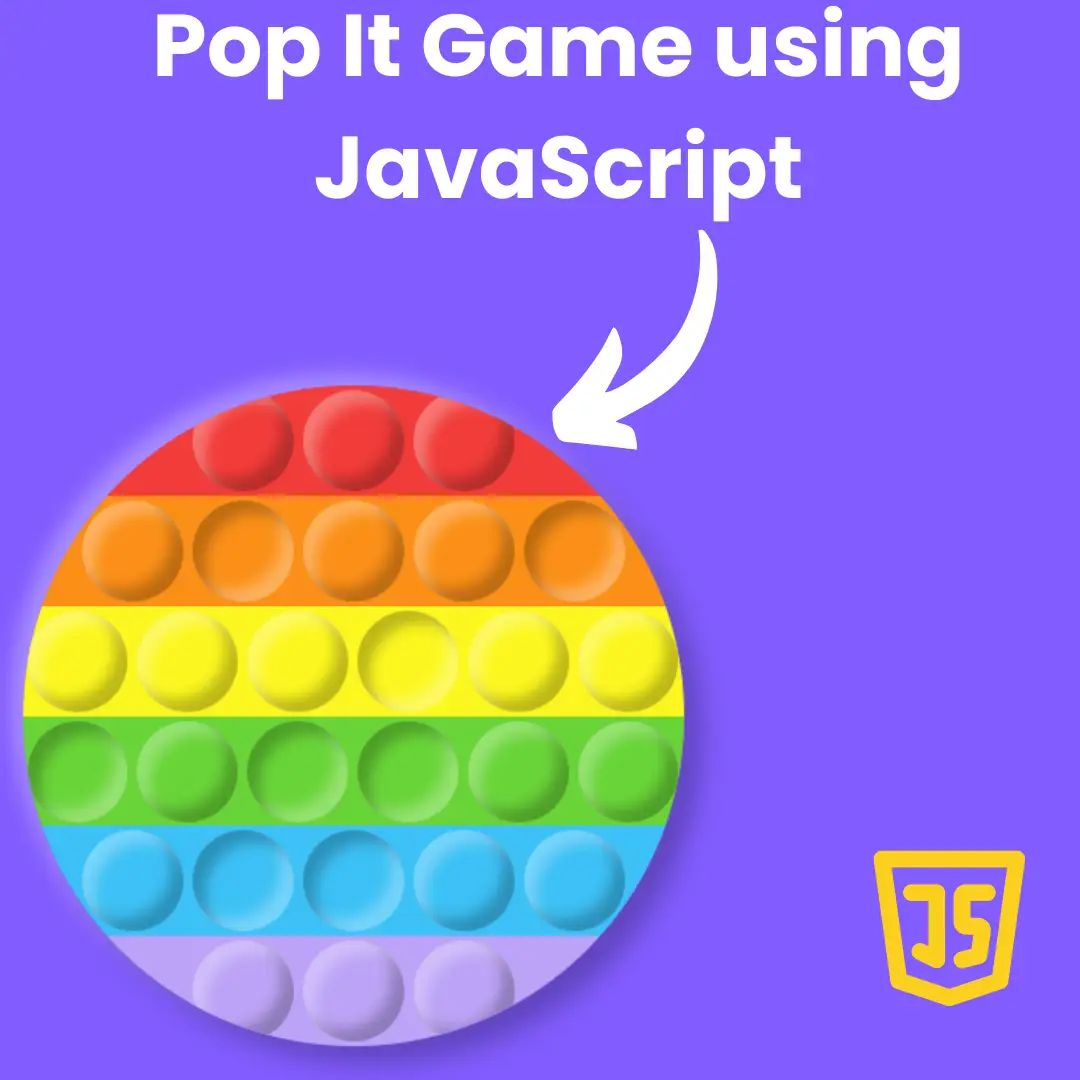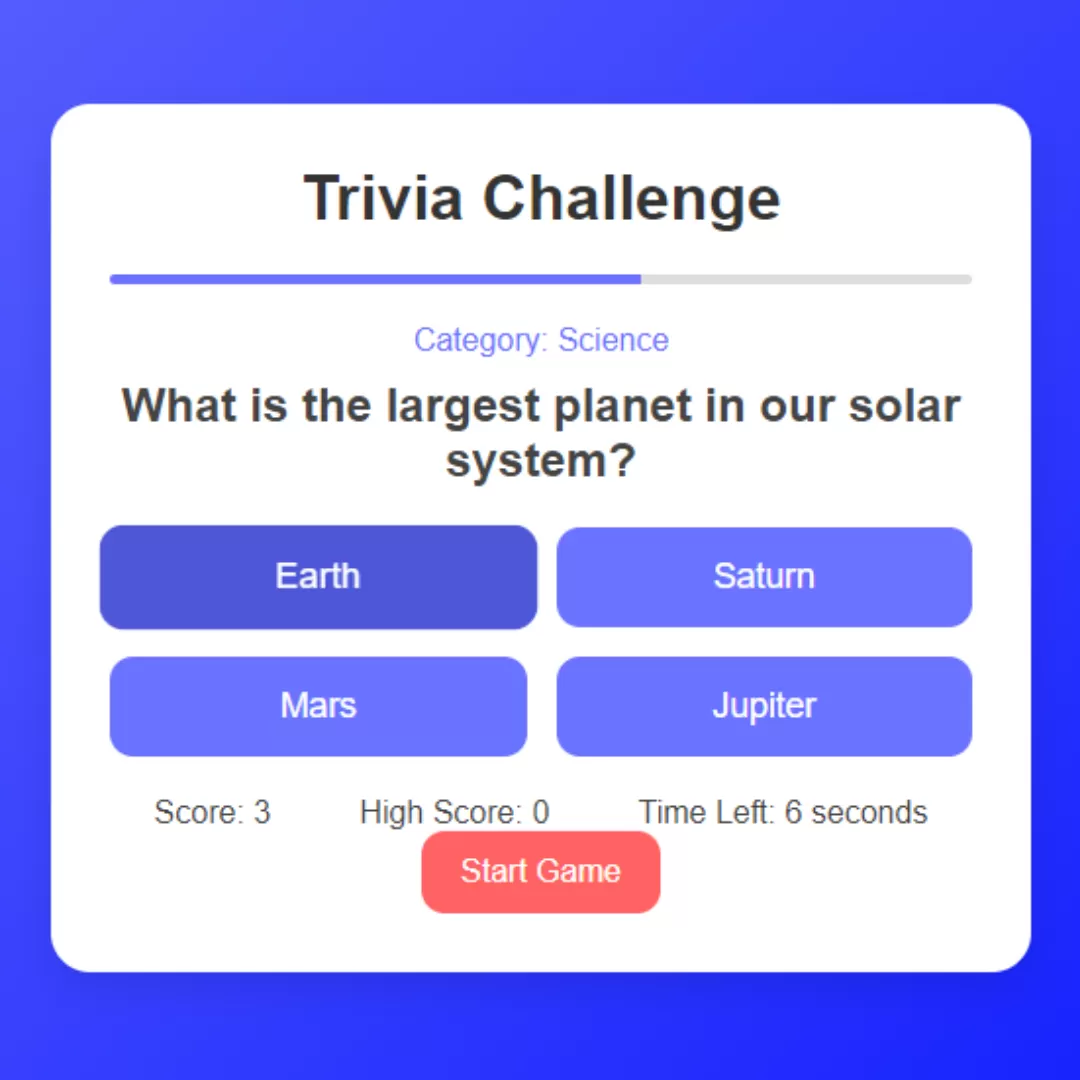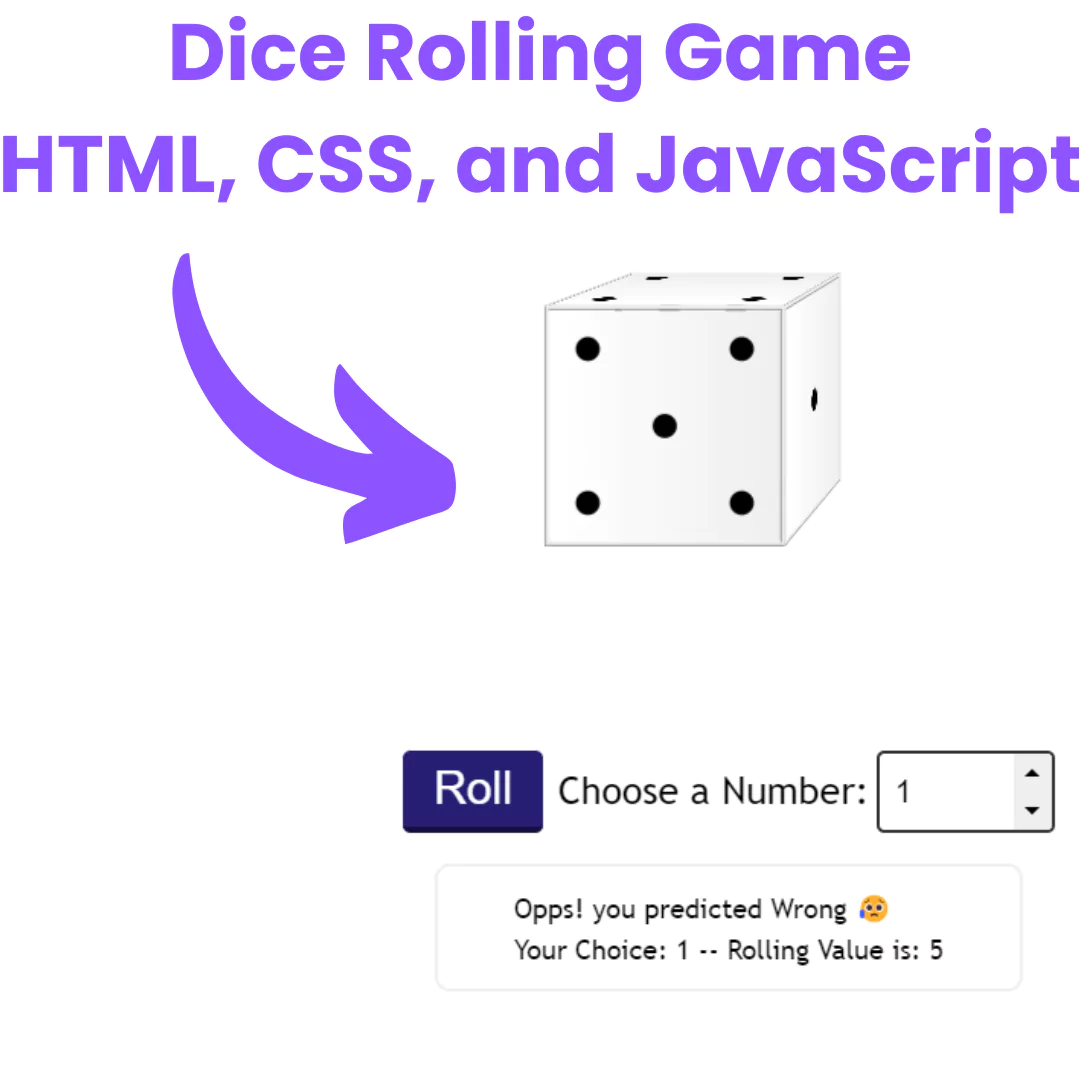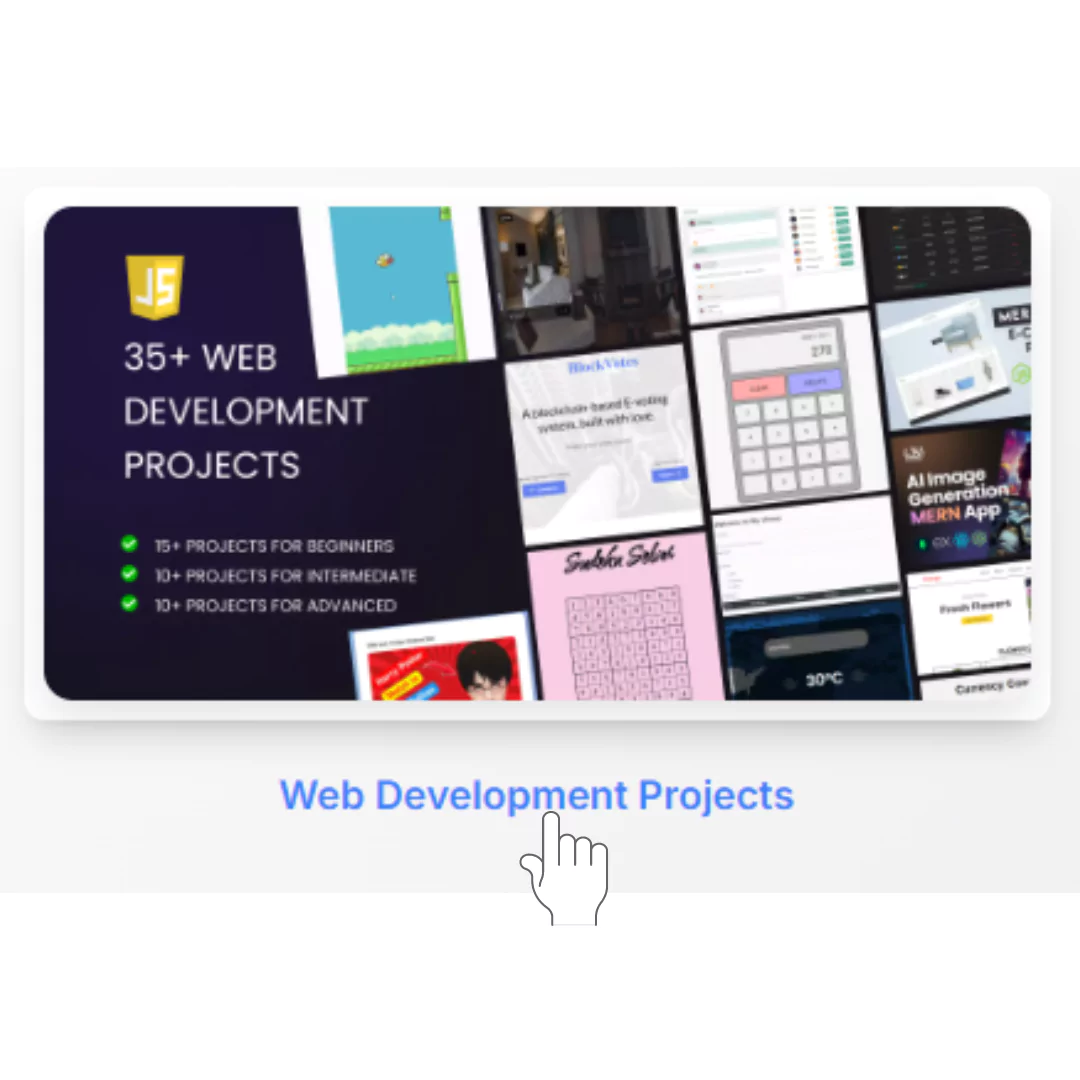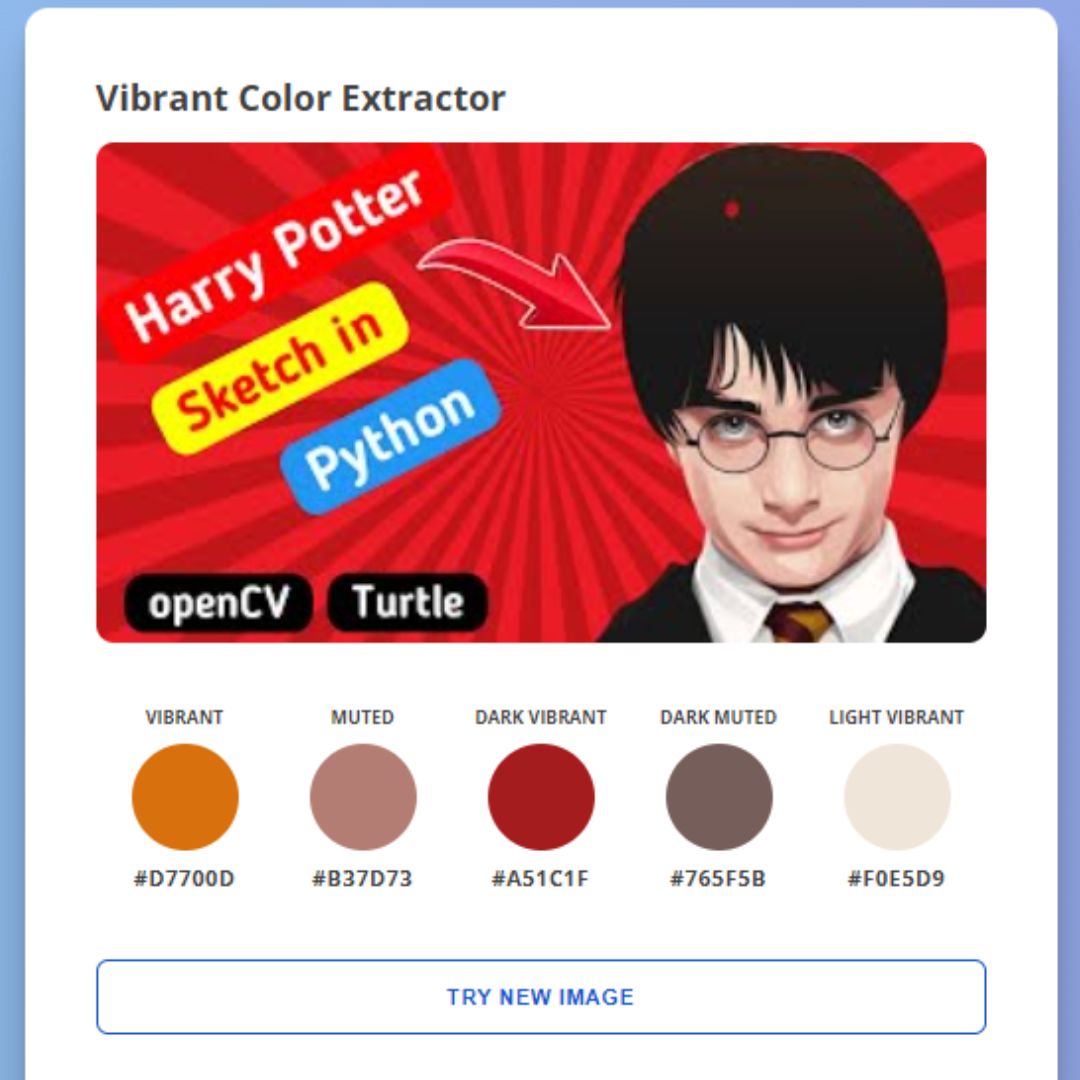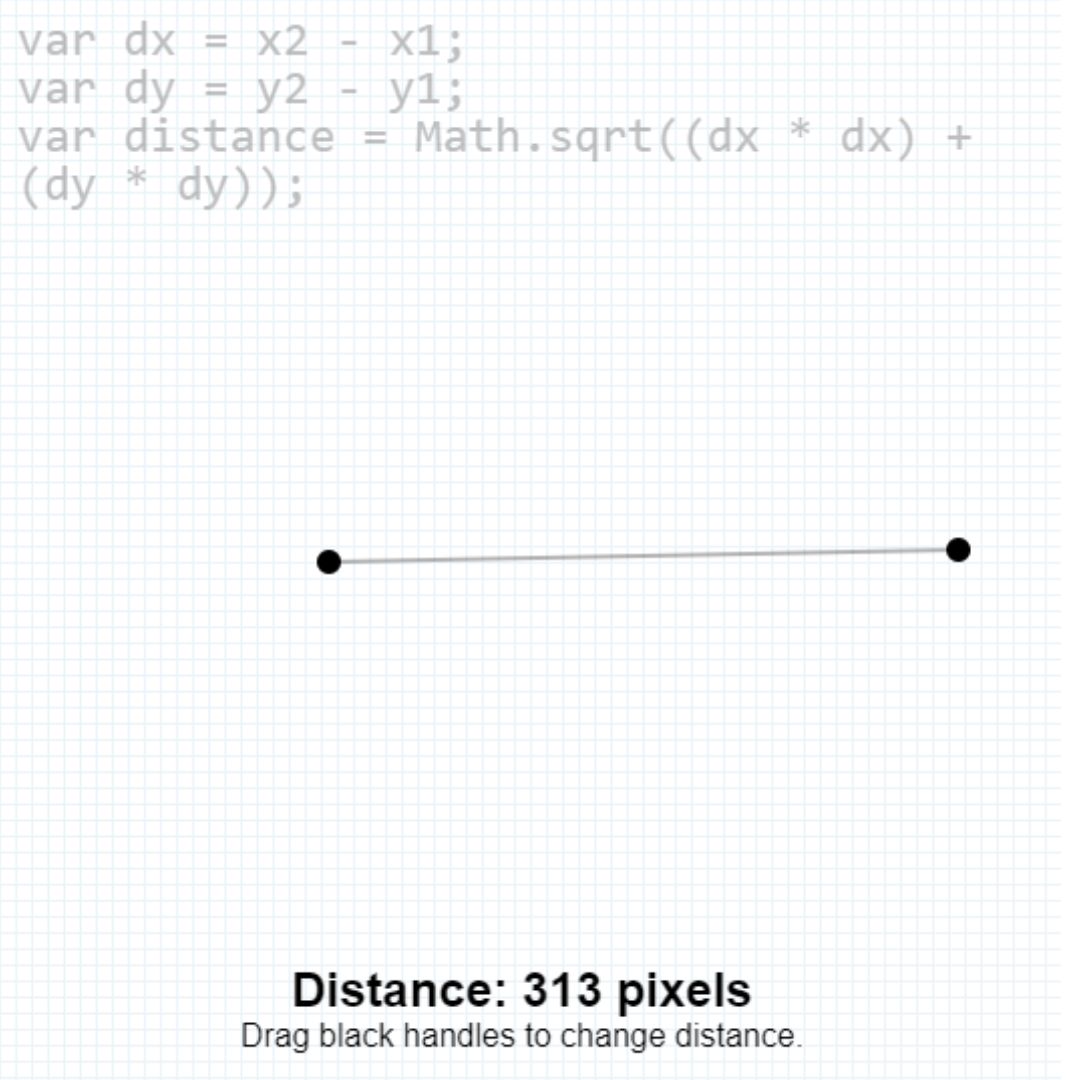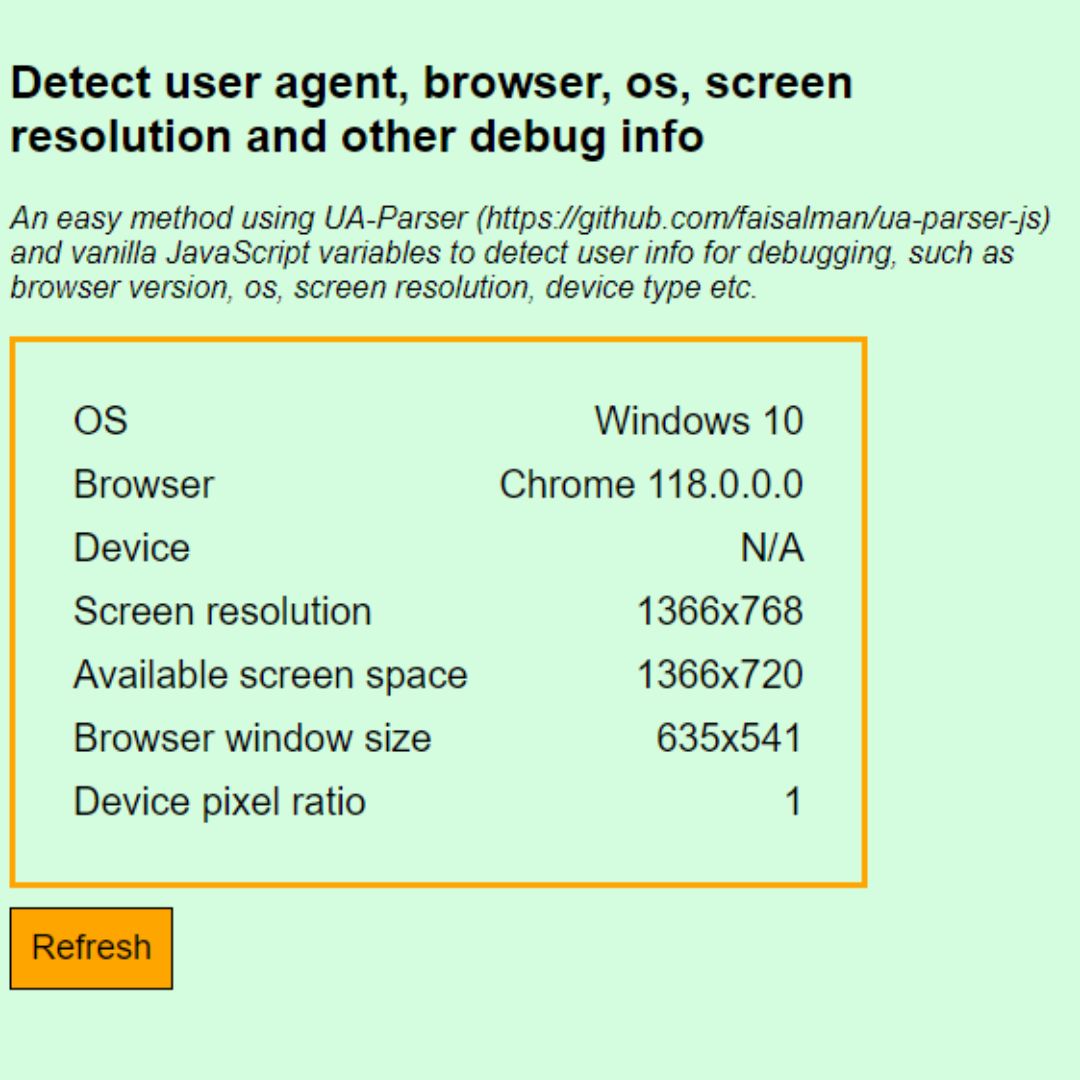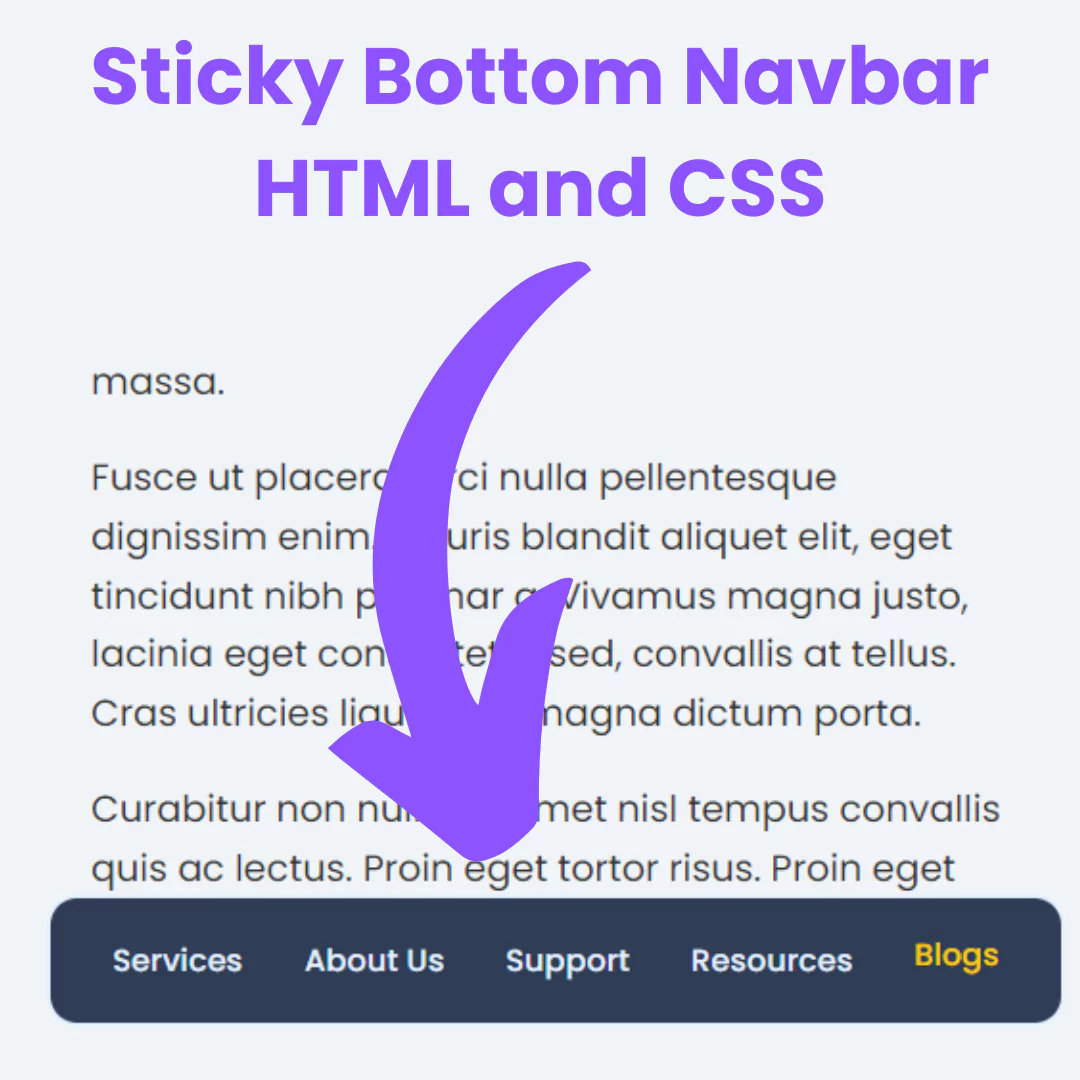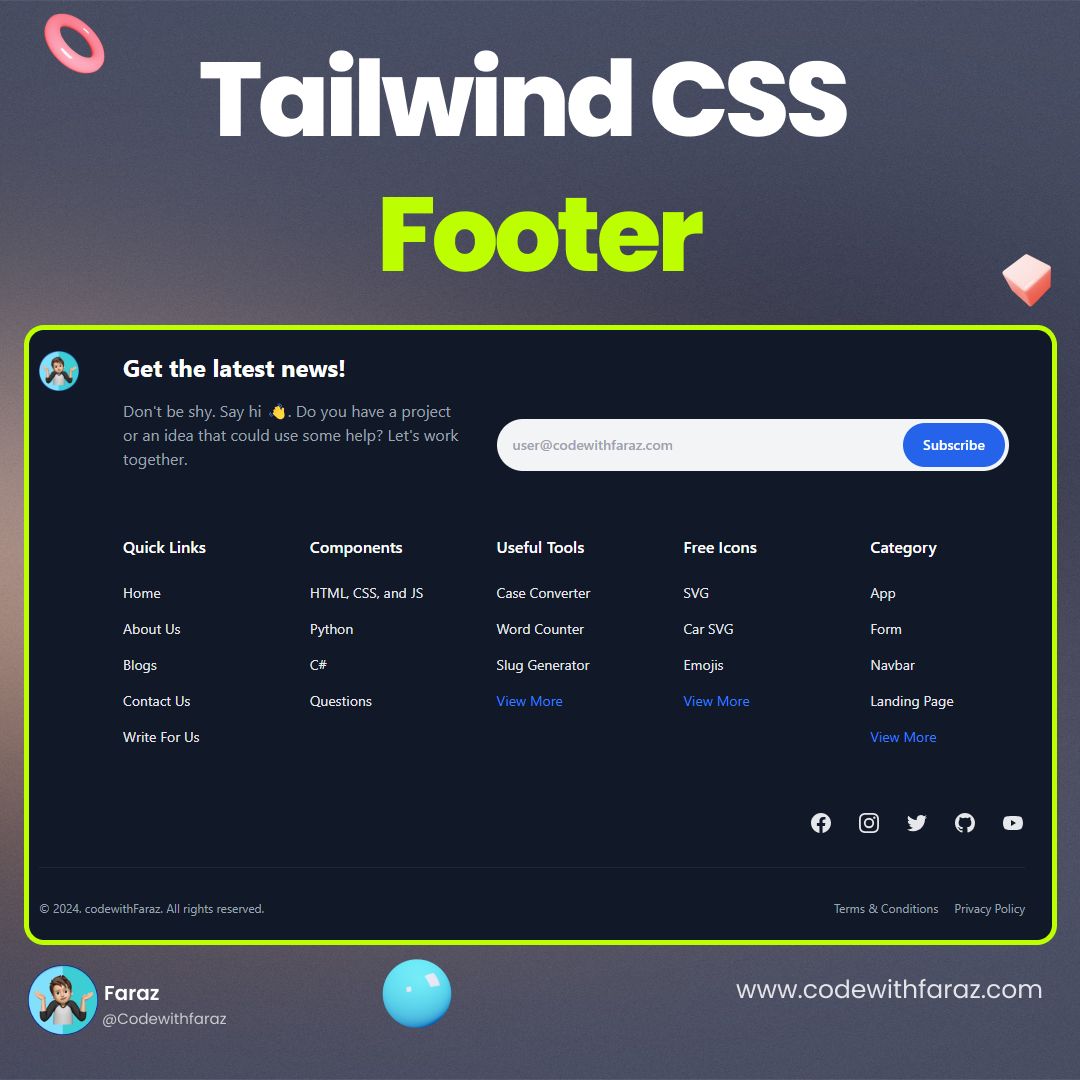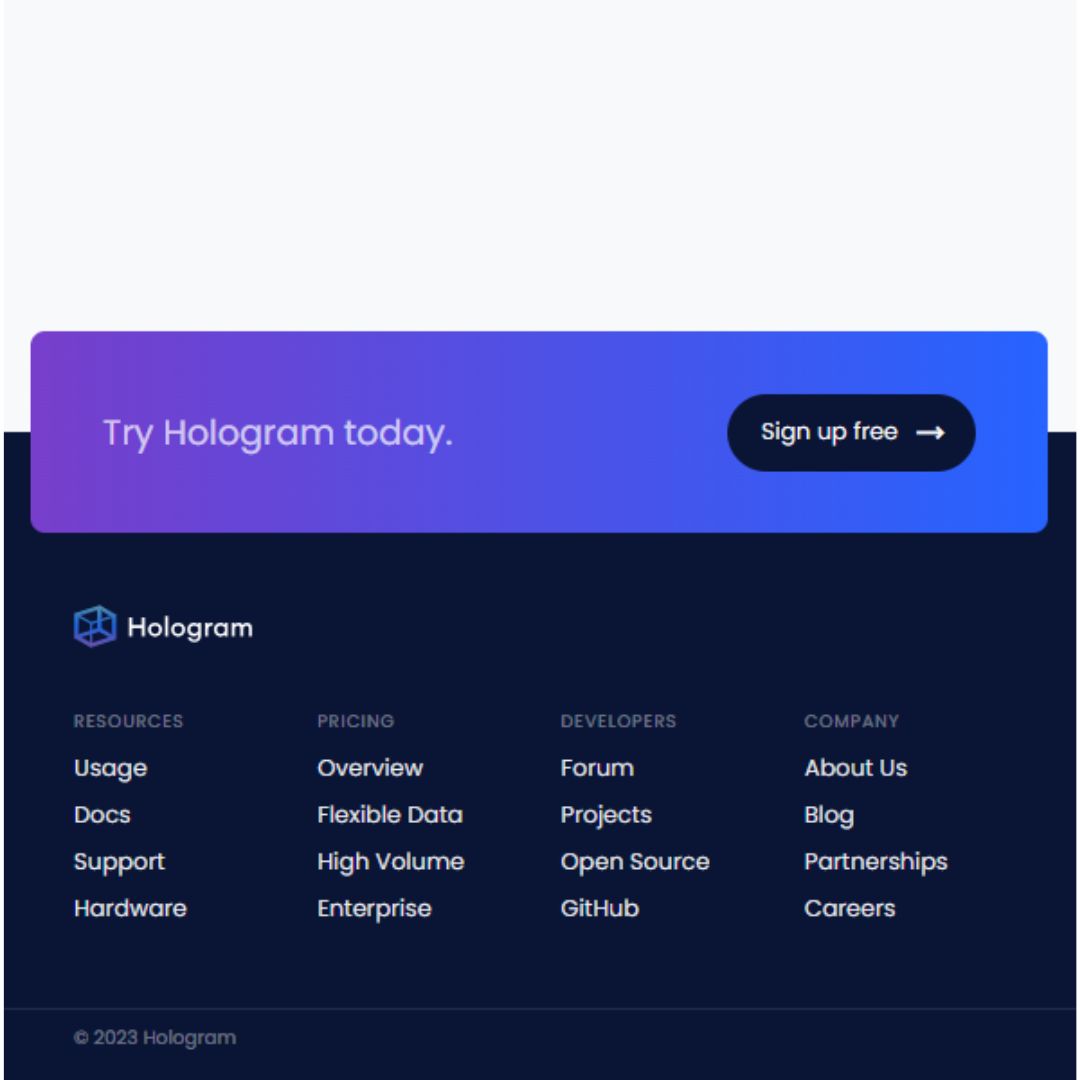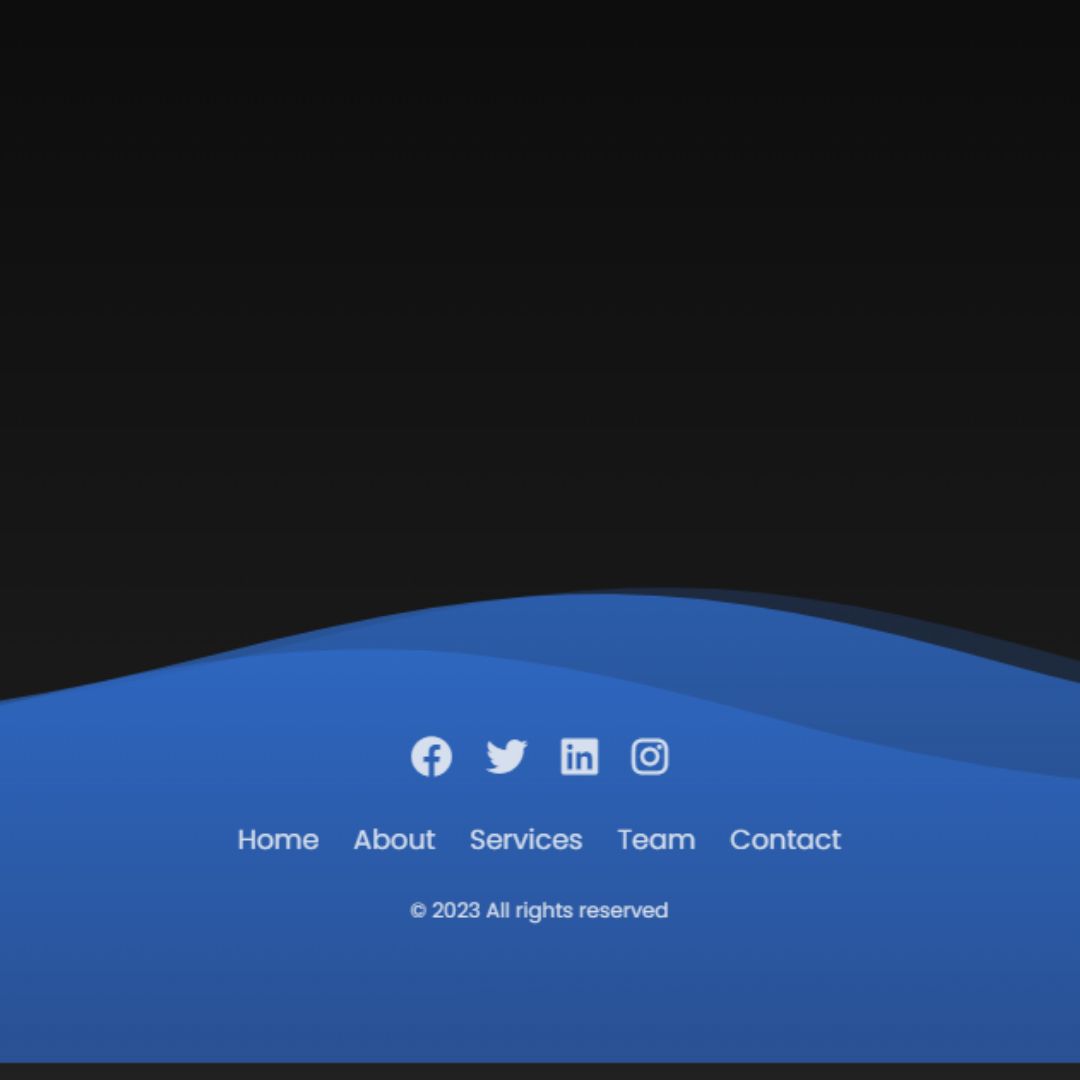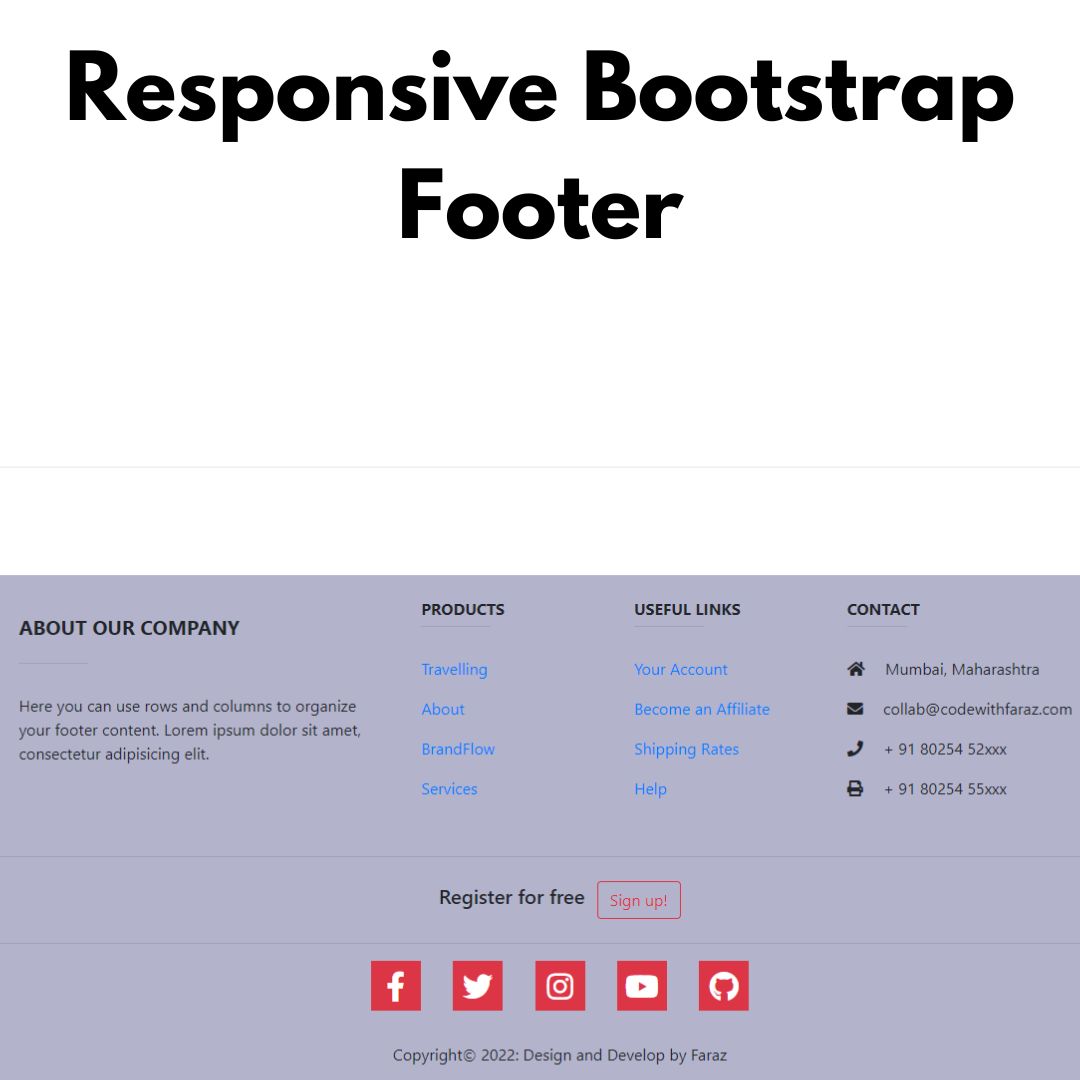If you are looking for the future of mobile app development or are simply curious about what might come next, this article is perfect for you! A blog article with a detailed comparison of Flutter and React Native.

When it comes to mobile app development, there are a few popular frameworks to choose from: React Native and Flutter. Both frameworks have their pros and cons, and which one will be the future of mobile app development is yet to be determined. In this article, we will take a look at each framework and see which one might be better for your next project.
What is Flutter?
Flutter is a new mobile app development platform created by Google. Flutter is built on top of the Android and iOS platforms, so you can use the same codebase to create apps for both Android and iOS. Flutter lets you build user interfaces using a combination of vectors and widgets. This makes Flutter faster and more efficient than other mobile app development platforms. Flutter also has a large community of developers who can help you with your project.
What is React Native?
React Native mobile app development is a mobile app development platform created by Facebook. React Native lets you build native apps using JavaScript and React. React Native is built on top of the Android and iOS platforms, so you can use the same codebase to create apps for both Android and iOS. React Native is growing in popularity because it's an easy way to create high-quality mobile apps. React Native also has a large community of developers who can help you with your project.
Key Differences between Flutter and React Native
When it comes to mobile app development, there are a few key differences between Flutter and React Native. Here are the key points to consider:
- Flutter is a new programming language created by Google. React Native is an existing platform designed for building mobile apps with JavaScript.
- Flutter uses a different approach to animation than React Native. While React Native uses react-native-animation, Flutter uses its own proprietary animation system called “Flutter Motion”. This could make animation slower in Flutter depending on the complexity of the animation requirements.
- When building apps with Flutter, you need to use a different toolkit than when using React Native, such as the Dart programming language. React Native is built on top of Node.js, whereas Flutter is built on top of the Dart VM. This could lead to differences in development experience and tool availability.
- There are some differences in terms of permissions and security that you need to be aware of when building with Flutter and React Native. For example, while you can use Facebook login in React Native, this is not possible in Flutter due to its unique approach to permissions management.
Pros and Cons of each
Flutter is a relatively new mobile development framework that has been growing in popularity in recent years. React Native is a more established mobile development framework that has been around since 2015. In this article, we will compare the pros and cons of each mobile development framework to help you decide which one is right for your next project.
Pros of Flutter:
- Flutter is fast. According to Flutter’s website, it can “execute 50% faster than Android or iOS apps on average.” This makes it an ideal choice for apps that need to be fast and responsive.
- Flutter is lightweight. Unlike React Native, which relies on native code, Flutter uses its own built-in programming language, Dart. This means that you can create apps that are relatively lightweight and easy to deploy.
- Flutter has a growing community. Since Flutter was released in 2017, the number of developers using it has grown rapidly. This means that there are likely already components and plugins available to help you build your app quickly and easily.
Cons of Flutter:
- Although Flutter is fast, it may not be suitable for some apps. Because it relies on Dart (not Java), it is not as lightweight as React Native and can be slower to render. This poses a problem for some apps that need to render quickly and don't require the full power of Dart.
- Flutter is cross-platform, but you will have to write most of your code in Dart. If you're not a fan of this, then Flutter may not be for you.
Pros of React Native:
- React Native is popular: According to a study by Statista, React Native is more popular than Flutter. This is likely due to its popularity among developers and its ability to improve on features that are important to them.
- React Native is more mature: React Native was released in March of 2017, which means it has had more time to grow and improve. This makes it a better option for developing mobile apps than Flutter.
- React Native has better performance: According to a study by Appcelerator, react native apps have better performance than Flutter apps. This may be because React Native was built with performance in mind from the start.
Cons of React Native:
- Difficult to learn – One of the main complaints about React Native is that it can be difficult to learn for novice developers. This is because React Native uses different frameworks and concepts than traditional web development. However, with time and practice, it should become easier to learn.
- Limited app capabilities – Another common complaint about React Native is that it doesn’t offer the same level of app capabilities as traditional web development frameworks. For example, React Native doesn’t allow for complex user interfaces or features that require advanced coding skills. If you need features or functionality that’s not available in React Native, you may have to use another platform or library to build your app.
- More data requirements – One downside of using React Native is that it requires more data than traditional web development frameworks.
Which will be the future of mobile app development?
For years, developers have been debating which platform best suits their mobile app development needs - Flutter or React Native. While both platforms have their pros and cons, it seems that Flutter is gaining more traction as the future of mobile app development. Here are some reasons why:
First and foremost, Flutter is a faster platform than React Native. This is thanks to its built-in Dart programming language, which makes programming on the platform much faster than using JavaScript or other languages for mobile app development. In fact, a study by Stack Overflow showed that Flutter apps are up to 36% faster than comparable React Native apps on average. This means that your app will load faster and run smoother on devices with slower processors and memory.
Second, Flutter is more cross-platform than React Native. This means that you can develop Flutter apps for both Android and iOS devices without having to make any changes to your code. Additionally, you can also deploy your Flutter apps to web browsers using the Flutter SDK. Finally, because Flutter is based on Google’s Material Design Guidelines, your app will look great on all major mobile devices. By leveraging Flutter app development services, developers can harness these advantages to create high-performance, visually appealing applications that reach a wider audience across various platforms.
Conclusion
With so many different mobile app development frameworks available on the market, it can be hard to decide which one is right for you. Flutter and React Native are two of the most popular options right now, and each has its own set of benefits and drawbacks. So, which one should you choose? In my opinion, it depends on your specific needs as a developer. If you are mainly concerned with speed and efficiency, then React Native might be a better choice for you. However, if you prioritize design over code quality or vice versa, then Flutter might be a better fit for you. Ultimately, the best decision will come down to what feels comfortable and efficient for you in terms of coding and designing. So, give either framework a try and see what suits your needs best!
That’s a wrap!
Thank you for taking the time to read this article! I hope you found it informative and enjoyable. If you did, please consider sharing it with your friends and followers. Your support helps me continue creating content like this.
Stay updated with our latest content by signing up for our email newsletter! Be the first to know about new articles and exciting updates directly in your inbox. Don't miss out—subscribe today!
If you'd like to support my work directly, you can buy me a coffee . Your generosity is greatly appreciated and helps me keep bringing you high-quality articles.
Thanks!
Faraz 😊


